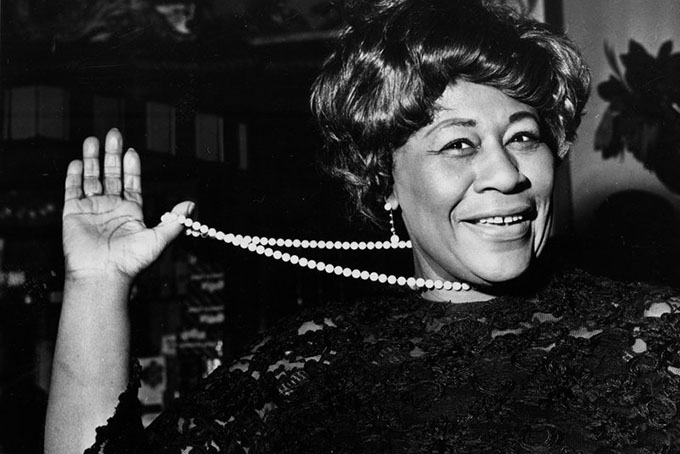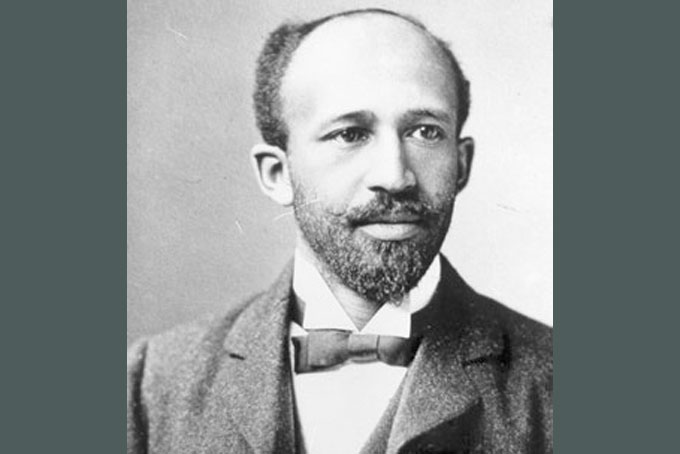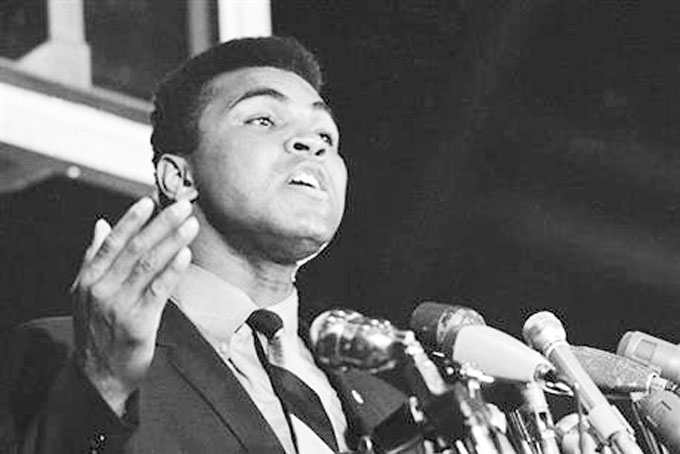-
APRIL 24
1867—The first national meeting of the Ku Klux Klan is held at the Maxwell House in Nashville, Tenn. The White supremacist organization and its various offshoots would go on to launch a wave of terror, which would result in death and injury to thousands of African Americans over the years. The Klan would remain the nation’s most powerful anti-Black terrorist organization for the next 70 years. The first chapter, however, was actually formed a year earlier in Pulaski, Tenn. Most of the early Klan members were former soldiers of the defeated Confederate Army from the Civil War. The group’s initial aim was to spread fear among Blacks and prevent them from voting. But as the organization grew, it expanded into anti-Jewish, anti-Catholic and anti-foreigner activities. The first grand wizard was Nathan Bedford Forest.

1944—The United Negro College Fund is incorporated. Over the years, the fundraising activities of the UNCF would result in thousands of college educations for African Americans. Since 2004, Dr. Michael L. Lomax has served as president and CEO of UNCF, the nation’s largest private provider of scholarships and other educational support to African American students
1944—Whites only political primaries are declared unconstitutional. In a case known as Smith v. Allwright, the United States Supreme Court ruled that a “Whites only” primary law, which excluded Blacks from voting, was a violation of the 15th Amendment and was thus unconstitutional. Such laws had been common throughout the South.
-
APRIL 25

1918—Jazz singing legend Ella Fitzgerald is born in Newport News, Va. Orphaned at an early age, Fitzgerald was literally living in the streets when she was discovered in Harlem, N.Y., by bandleader Chick Webb. Despite never having received formal vocal training, musical experts often compared her techniques and vocal range to that of a conservatory trained singer. One of the ultimate compliments to her abilities was given by the great song writer Ira Gershwin who said, “I didn’t realize our songs were so good until I heard Ella sing them.” Fitzgerald died at the age of 79 on June 15, 1997.

1943—Tuskegee Institute President Frederick Patterson writes his famous letter (published in the Pittsburgh Courier) urging the presidents of the nation’s predominantly Black colleges and universities to “pool their small resources and make an appeal to the national conscience” in order to produce more scholarship funds for the education of Black students. One year later the United Negro College Fund is incorporated with 27 member colleges.
-
APRIL 26

1886—The “mother of the Blues” Gertrude “Ma” Rainey is born Gertrude Pridgett in Columbus, Ga. She began her career touring with the Rabbit Foot Minstrels. She was the first person to sing the Blues in minstrel shows. Rainey also coached, then young Blues singer Bessie Smith who would become more famous and celebrated than Rainer. Rainey died Dec. 22, 1939.

1994—The first all race elections take place in then White ruled South Africa. The elections would bring an end to 300 years of White minority rule, known as apartheid, in the African nation as well as bring about the election of Nelson Mandela as the country’s first Black and democratically elected president. Mandela had spent 27 years in prison because of his leadership of the African National Congress which had led the struggle against apartheid.
-
APRIL 27

1903—W.E.B. DuBois’ “The Soul of Black Folks” is published. The book did much to outline and summarize progressive African American thought and opposition to the accommodation policies of Booker T. Washington— then the nation’s foremost Black leader. DuBois argued that “the problem of the 20th century is the problem of the color line” and labeled Washington’s program as one of “industrial education, conciliation of the South, and submission and silence as to civil and political rights.” A collection of DuBois’ papers are currently being placed online by the University of Massachusetts.

1903—Maggie Lena Walker becomes the first Black woman to head a bank in America. In fact, she was the first woman of any color to head a bank when she was named president of the St. Luke Bank and Trust Company in Richmond, Va. Walker was an outstanding businesswoman who took over Richmond’s Order of St. Luke when it was nearly broke and rapidly losing membership. Within a few years the Order owned a bank, a newspaper, a printing press and a three-story department store despite the active opposition of Richmond’s White business community. Walker also helped found the Lilly Black Party in part as a slap at the segregated “Lilly White” political parties of the day. One of her mottos was “Don’t get angry, get busy.” She died Dec. 15, 1934.
-
APRIL 28

1967—The World Boxing Association and the New York State Athletic Commission withdraw recognition of Muhammad Ali as world heavyweight boxing champion because of his opposition to the war in Vietnam and his resulting refusal to serve in the U.S. military. One of his famous phrases during the controversial period was, “I ain’t got no quarrel with those Vietcong.” In addition to being stripped of his title and license to box, Ali was sentenced to five years in prison for refusing to be inducted into the military. However, four years later the U.S. Supreme Court overturned the conviction and Ali was allowed to box again.
-
APRIL 29

1992—This was the first day of the Los Angeles riots which were sparked when a nearly all White jury acquitted four White cops in the brutal beating of Black motorist Rodney King even though the beating had been caught on tape. Two of the cops were later convicted on federal civil rights charges. The riots left at least 50 people dead, nearly 1,000 injuries and an estimated $1 billion in property damage.
- APRIL 30
711 AD—Tarik the Moor invades Spain with force of 7,000 troops, routs the Visigoths and establishes Moor domination of Spain. While there remains some dispute over Tarik’s race, the weight of the evidence is strong that he was a Black man. He was described in accounts of the time as having “brown skin and wooly hair.” His full name was Tarik al Gibral. The famed Rock of Gibraltar is named in his honor.
1828—Shaka, the great Zulu king and military leader, is killed. His innovative military strategies kept European imperialism at bay for years as he established Zulu dominance in large parts of Southern Africa. The Zulu nation grew to at least 250,000 with an army of over 40,000. But Shaka became increasingly dictatorial. Opposition to his dictatorship combined with jealousy led his two half-brothers to assassinate him on this day in 1828.